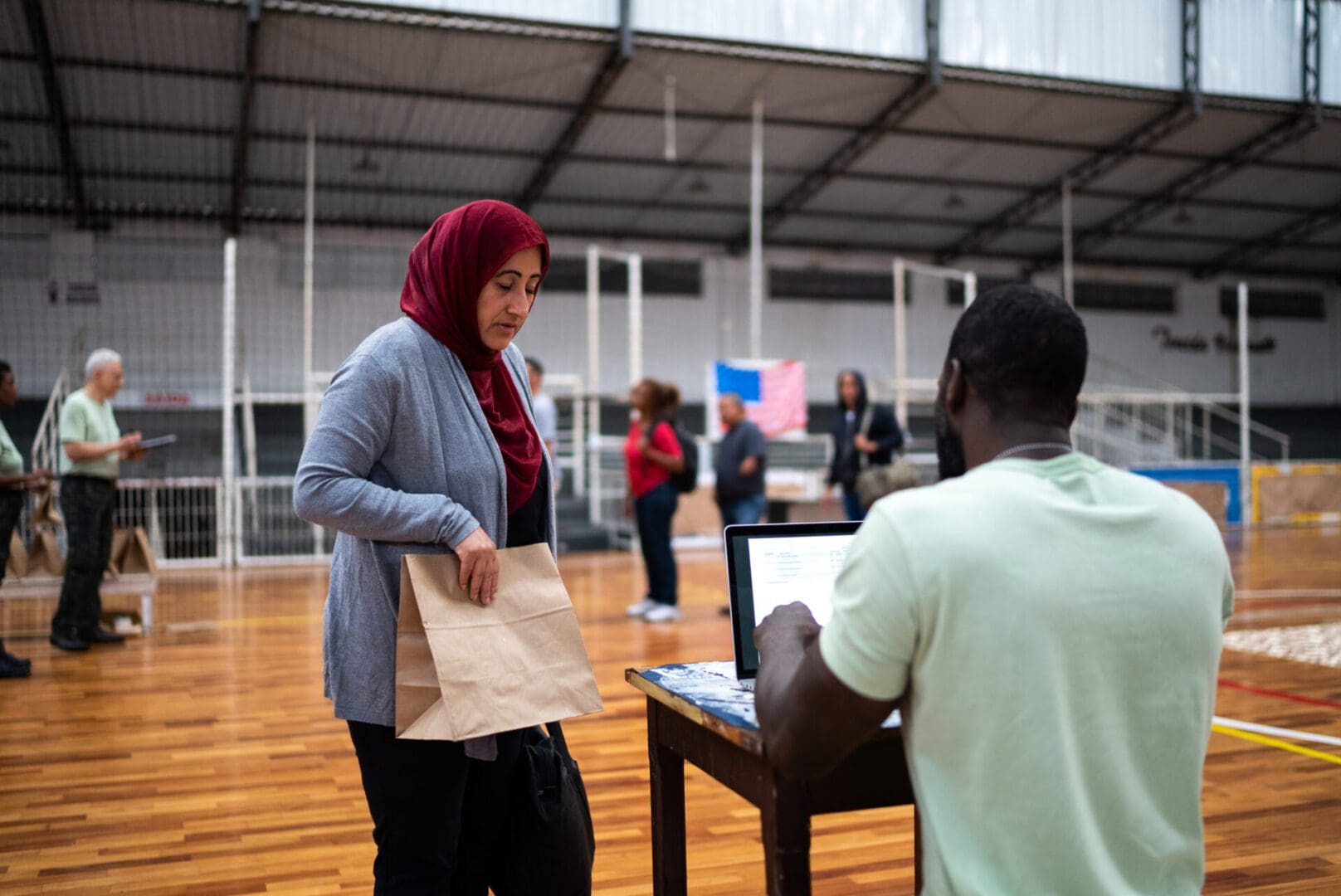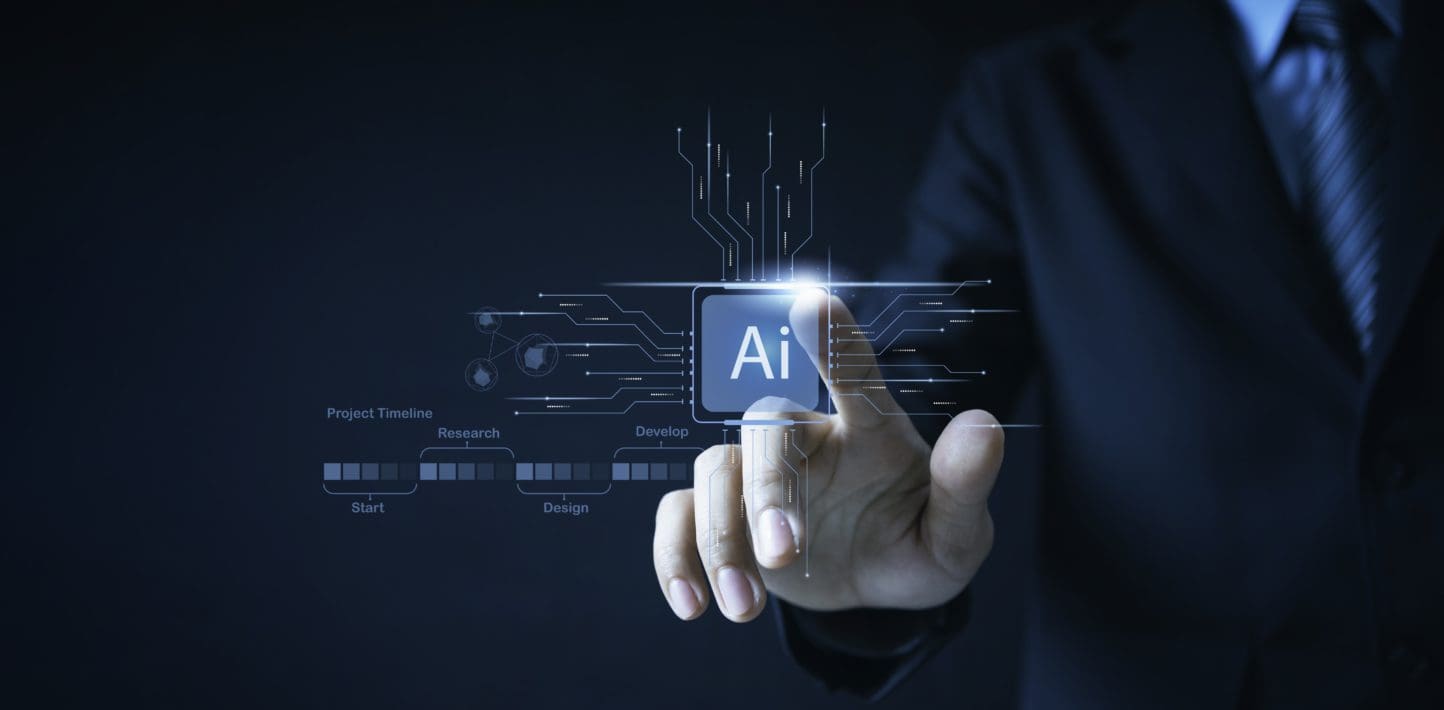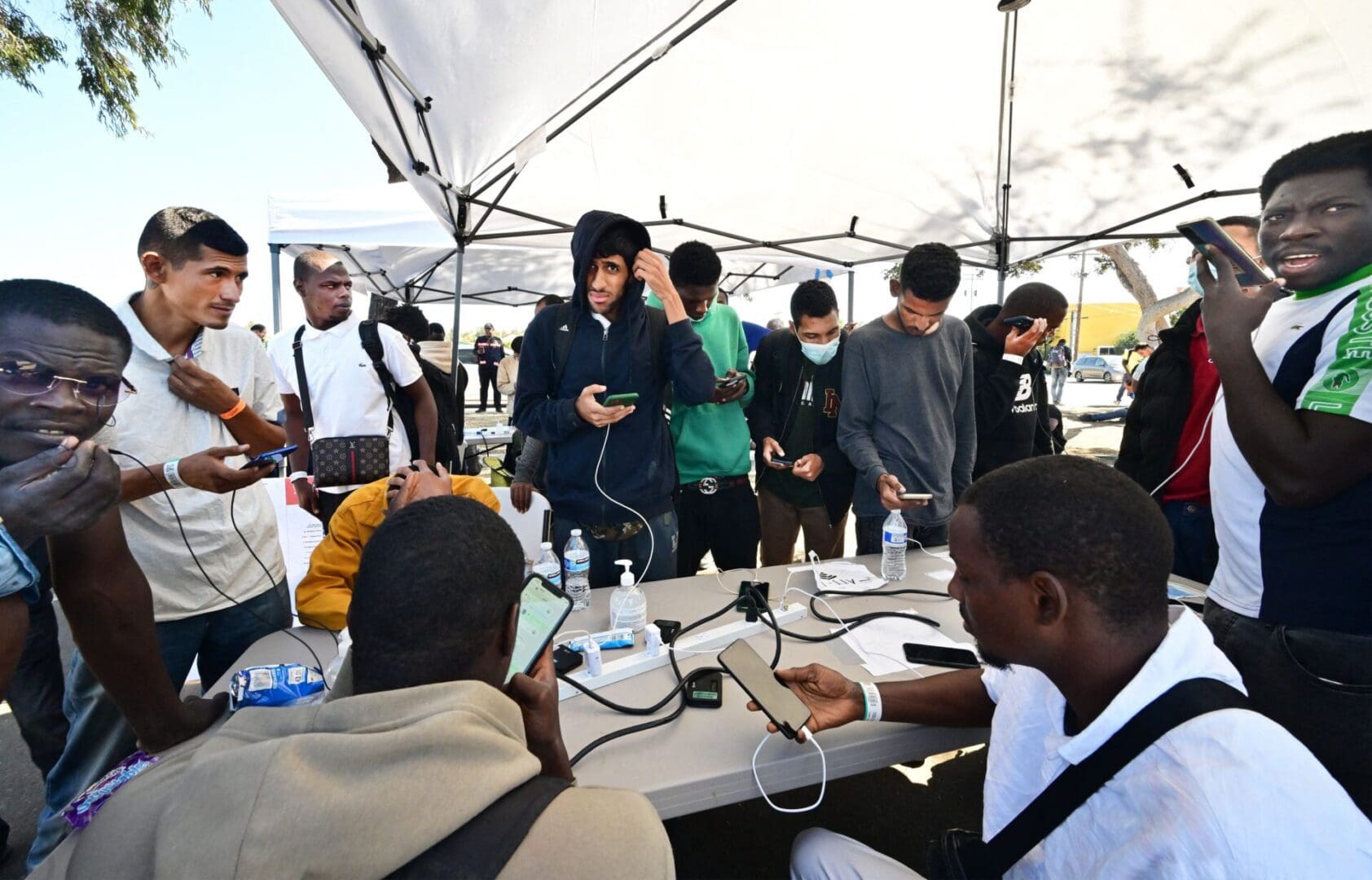What IS the problem?
New technologies have revolutionized the way people work, learn, and communicate around the world, and these tools are critical to how communities access information.
But without robust regulations, digital technologies could amplify underlying social, racial, and economic inequalities. Here are some of the concerns:
- New technologies, including artificial intelligence (AI), are not neutral, but more often reflect or intensify existing historical inequalities and biases.
- Soaring global wealth and social inequalities have often been magnified by new technologies and insufficient access, which increase disparities in health, education, housing, and employment.
- These inequalities most impact the rights to non-discrimination and equality, decent working conditions, and privacy.
Social protection and welfare systems around the world are increasingly likely to be integrated with systems of automation, leading to more racial and social bias and more frequent denials of essential services to the most marginalized groups.

Asylum and immigration systems in many regions are often linked with digital technologies such as the use of biometric identification, surveillance technology, and automation in the processing of asylum claims, leading to the normalization of “digital borders.”

The growth of the informal or gig economy, in which access to work is controlled by smartphone apps and wages are often determined by nontransparent algorithms, has contributed to the erosion of workplace protections around the world, including for some of the most marginalized workers.

WHAT IS THE SOLUTION?
Equity-informed approaches to regulation can help unleash the transformative potential of these technologies to all, including:
- Develop appropriate and clear regulations for governments, corporations, the human rights community, and other stakeholders to help increase transparency and equity around the use of technology
- Center the experiences, voices, and priorities of affected populations – people from outside the global majority
- Collaborate with leaders, activists, and civil society organizations whose work touches on issues of inequality more broadly
press releases

Emerging Technology and AI Are Driving the Crisis of Widening Inequality Around the World

Companies must act now to ensure responsible development of artificial intelligence

Amnesty International calls for universal social protection, as overlapping crises leave hundreds of millions facing disaster

Technology and Human Rights
We believe it’s time technology puts people and human rights first. Learn how Amnesty International USA focuses on holding Big Tech and social media companies like Alphabet (Google), Meta (Facebook), TikTok, and Twitter accountable.

